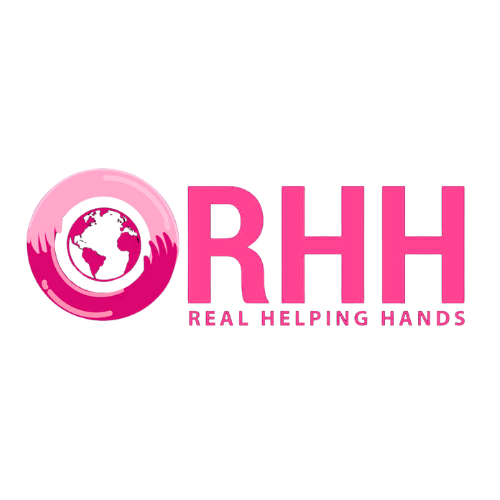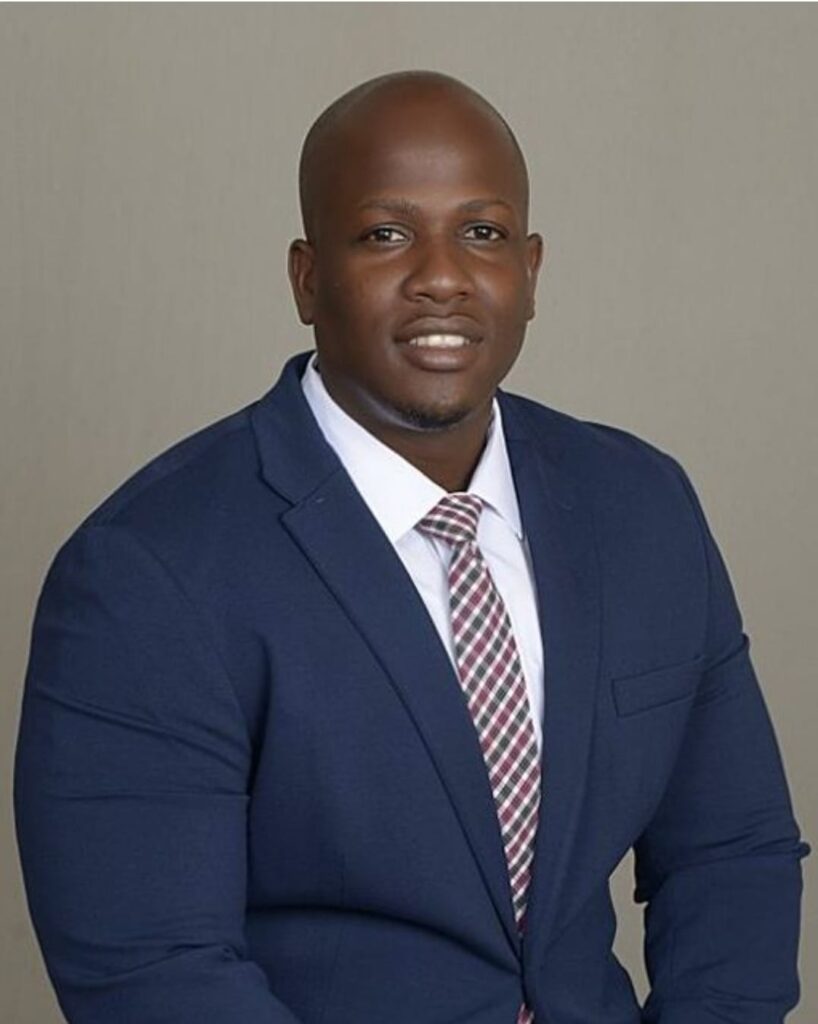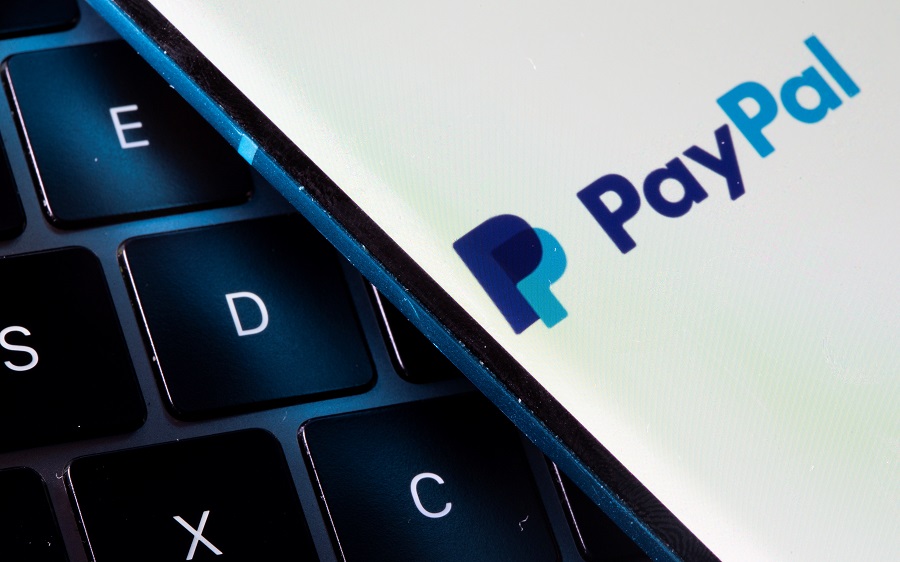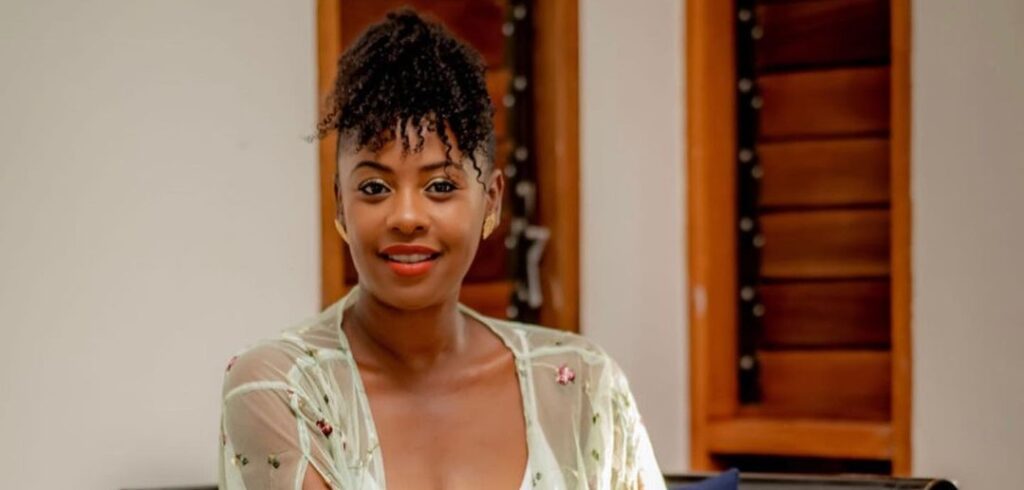

As some Jamaicans continue to recover from the ravages of Hurricane Beryl, an American start-up founded by Jamaican Sadikie Williams is promoting an online medium through which they can raise funds to rebuild their lives.
Real Helping Hands LLC, founded by Williams during the coronavirus pandemic, is a crowdfunding service provider that allows Jamaicans and the people of the wider Caribbean to raise funds through online campaigns.
“We are offering this service to fill an interesting gap because our competitors like GoFundMe, Kickstarter, Indiegogo, they are not accessible to the Caribbean people. So we are filling that gap,” the entrepreneur told Our Today in a recent interview.

“We are offering that service, so that our Caribbean people, especially our Jamaicans, would be able to, by themselves, go on a platform and start a fund-raiser,” Williams further outlined.
He pointed out that for Jamaicans and other West Indians to raise funds through a crowdfunding platform, they would have to use a “proxy” to open the crowdfunding account and, upon raising the fund, remit the amount to them. A proxy in this case could be a relative or any associate living in a jurisdiction where the online fund-raising platforms are active, such as the United States, United Kingdom or Canada.
However, Williams noted two risks that have arisen for people using proxies to raise funds. First, the proxy, who is carrying out an act of kindness on behalf of another, could be taxed for the funds raised as extra income. The other risk is that a proxy may “ghost” the person for whom they have raised the funds — essentially cutting off communication with the intended beneficiary.
“So we are removing the middleman. So no more middleman,” Williams shared with Our Today.
To create a Real Helping Hands account, users must enter their names, telephone number and address. Thereafter, they are led to page to share their stories and explain the need for a crowdfunding campaign. Once vetted and the campaign is successful, the users present their debit or credit card details, which should be one from the major international payment providers, whether Mastercard or Visa.
The company also partners with payment processing entities PayPal and Stripe.

Since Real Helping Hands is a for-profit company, it collects a 10 per cent processing fee that covers the remittance of funds to the beneficiaries. The company also works with a remittance partner.
Williams said that fund-raising campaigns on the platform have witnessed donations from as far as China and Australia, and so not limited to traditional diaspora hotspots. The main users of the platform, he added, are non-governmental organisations, schools, sports teams, and individuals in dire need.
When asked how the company ensures transparency and accountability, Williams said that all campaigns that are submitted go through an approval process.
“There are checks done before a campaign is approved. You know, so we don’t just automatically approve a campaign, right? So there are checks being done,” he said.

Representatives of Real Helping Hands reach out to users launching their fund-raising campaigns to enquire about the reason for the campaign and to seek proof through documentation.
“Say, for example, a campaign is submitted without proper proof. You know, someone says, ‘Oh, I’m sick, I’m in the hospital.’ Then we would ask for any hospital documentation; is there a bill? Like, you know, we have persons raising funds for, you know, medical assistance,” Williams explained.
He added that another layer of protection is that in the case of fund-raising for medical expenses or international travel events, the hospital or the event organisers would be the beneficiaries of the funds.
A software developer by training, Williams has worked with other tech start-ups prior to starting Real Helping Hands in 2020.
At the onset of the coronavirus pandemic, he was among those in the Jamaican Diaspora who received requests for financial assistance from friends and family members. Williams was also concerned that individuals who were in genuine need of help were flagged by remittance agencies and lumped with scammers for receiving multiple payments from various.
Yet, it was a photo of a little boy looking through a window on a family using their laptops, tablets and phones that moved the entrepreneur to develop the platform.
“It still resonates with me, right, because if I was in that situation back at that age, I would have been that little boy because I grew up with all these needs. So when I saw that, I’m like, how can I help, how can I help multiple persons? And I realised that I have software development skills and how can I leverage my software development skills to help people? A fund-raising platform would have been the right tech solution to help multiple persons, so I started coding,” Williams recalled.
With assistance from his associates, the entrepreneur embarked on creating the platform. Williams names youth advocate and media personality Emprezz Golding as his co-founder.

Still, while the company is registered in Delaware, United States as a limited liability company, Williams told Our Today that part of the profits are committed to its corporate social responsibility.
“So, in addition to enabling persons to raise funds online… we are also, from our profits, helping different causes and charges and givebacks,” he related.
“For example, last year, we helped a school in Florida. We basically went down there and did a giveaway, and I think we helped around 400 children with back-to-school items, which included backpacks, pencils, and we kept the treat so everyone was fed and we had fun games,” Williams continued.
At present, Real Helping Hands is partnering with local marketing and public relations outfit Governor Communications to assist victims of Hurricane Beryl. Both are targeting people in the most devastated areas, including Clarendon, Manchester and St Elizabeth to create their campaigns on the crowdfunding website.
While Williams acknowledges that even though the Government of Jamaica has assisted, he would prefer if the victims are not over-dependent and have an alternate means of getting help.
With the help of Governor Communications, Real Helping Hands has been guiding Jamaican with how to create campaigns and use the platform.
CEO of Governor Communications Joseph Cunningham shared that the partnership with Real Helping Hands is the “start to big things in Jamaica”. He further noted that while some people may not have electricity, councillors and Members of Parliament can act as proxies in raising funds to help their constituents in need.

Looking ahead, Cunningham said the aim is to deepen Real Helping Hands’ impact on the local landscape.
Williams added: “So, we’re targeting churches, we’re targeting schools, we’re targeting sports teams, we’re targeting individuals. You know, if you look at Jamaica, the health centres are lacking. You know, we don’t have a lot of incubators and dialysis machines. So we can get to these hospitals and have them start campaigns and raise funds for these items or even charities and NGOs that have special interests in these hospitals.”
With seven employees and Real Helping Hands operating as a remote operation, Williams plans to scale the company as demand for its services grow.






Comments